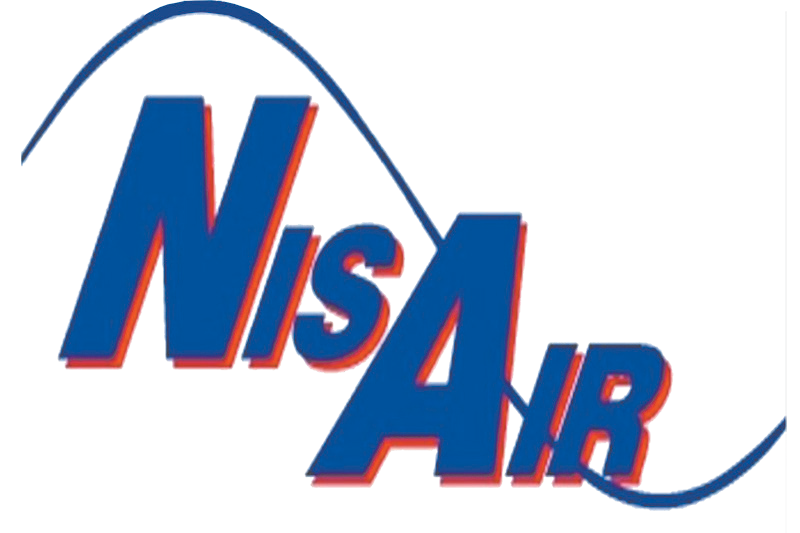Even in South Florida, Heat Loss in Winter Should be Dealt With
Most of us here living on the Treasure Coast never grow so used to the climate that we forget why we’re here. Our average low only sneaks down to just below 60 in January and February, and the average high through both those months is in the mid-70s. Nonetheless, even in South Florida, heat loss in winter is an unnecessary expense that we can avoid. And as it turns out, many of the steps you can take to reduce wintertime heat loss will pay energy-saving dividends during the cooling season as well.
HVAC Equipment
The air filter(s) in your HVAC system must be changed regularly. Neglect causes your air mover and heat pump or furnace to work harder than necessary, increasing your energy spend. A build-up of airborne dust and other blocking agents can also diminish the effectiveness of your registers (vents); check them routinely to ensure they’re free of contamination.
Insulation
Visually inspect your pipework installation, to make sure the insulation is all firmly in place. There’s not much chance of the cold water system freezing, but heat lost from the hot water side is money you’re spending for nothing. If you have a conventional storage tank water heater, make sure the media you use to wrap it is up to snuff. Proprietary insulating blankets can cut energy consumption by as much as 10 percent. But realize, too, that most newer water heaters come already insulated. A further 5 percent drop in your bill can be the reward for every 10 degrees you turn the tank thermostat down. Ask yourself, “Do we really need the water to be this hot?”
Structure
Inspect the exterior of your home, looking for holes in the siding, rotted wood around windows and doors, cracks in the foundation, and damaged or missing shingles or tiles. Check the caulking around any penetrations through which pipes or cables enter the structure. If you notice anything that needs attention, don’t put the project off. Heat loss only gets worse with time, and during the much longer cooling season in Florida, turns into heat gain inside your home.
While these projects can be carried out by the competent do-it-yourselfer, the routine maintenance that keeps our heating systems in top condition is obviously a job for the pros. Please contact us at NisAir Air Conditioning & Heating to arrange a service call, and while our technician is at your home, to discuss an evaluation of your insulation.

